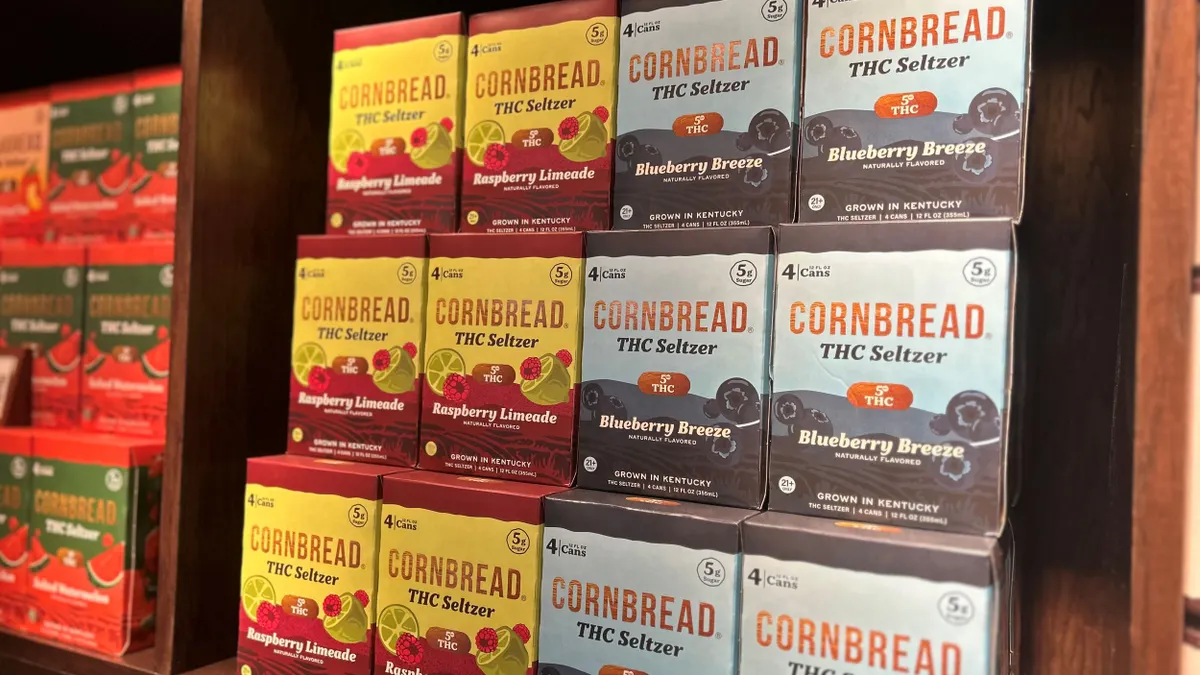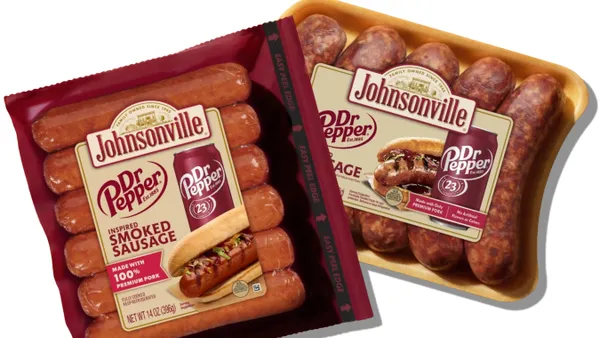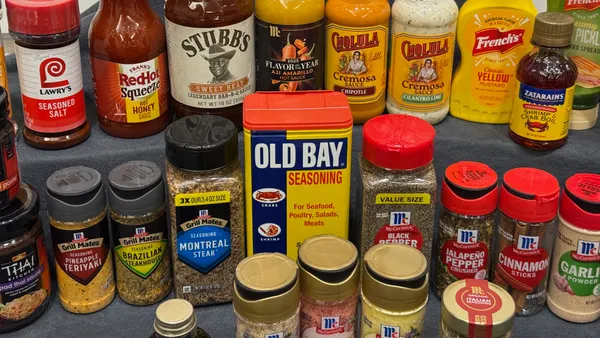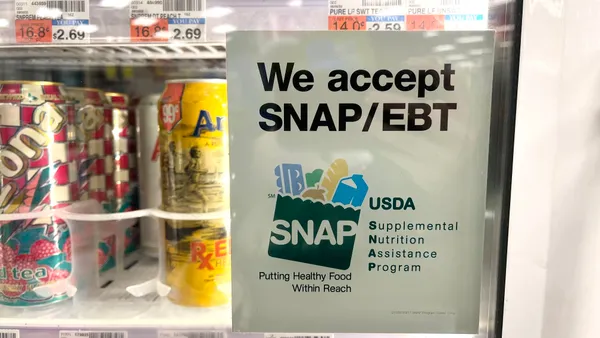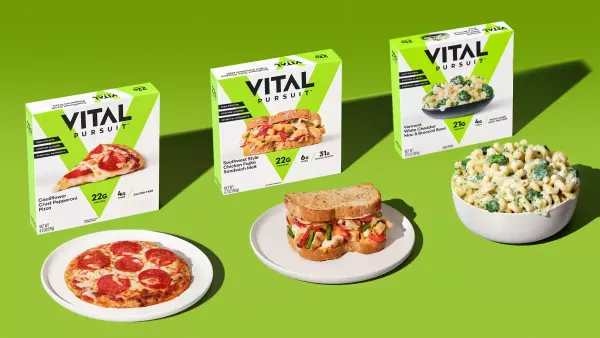Much of the product innovation in 2022 will be driven by consumers' desire for foods that contribute to their personal wellness, as well as foods that fit their working at home lifestyles and meeting the diet requests of their Gen Z children. In fact, 7 out of 10 Americans are looking for health benefits in the foods they buy.1
Whether you're a food manufacturer who makes plant-based products, snack foods, functional foods or prepared foods for grocery or foodservice, now is the time to consider using a healthy oil that will not only benefit your product formulations but will also please your customers.
Why choose sunflower oil?
Non-GMO sunflower oil is a premium, healthy oil that is low in saturated fats and high in monounsaturated fats. As a result, sunflower oil often gives products a longer shelf life. It also contains only a trace of Omega 3 fats, making it more stable than many other oils. In addition, sunflower oil can help create cleaner product labels, due to natural antioxidants and the fact that it meets an FDA claim that states high-oleic oils, such as monounsaturated fats, may reduce the risk of heart disease.2
Will sunflower oil affect the taste of your product?
Sunflower oil has a very neutral taste allowing the true flavors of the ingredients in your product to come through. This makes sunflower oil ideal for a wide variety of applications including: healthy snacks, non-dairy beverages, sauces and spreads and even bakery products such as cookies, crackers, and artisanal breads.
Is sunflower oil a sustainable ingredient?
Consumers want transparency about the ingredients that food manufacturers are using and as a result, many Americans are actively seeking out food products that have a minimal environmental impact. In fact, a recent survey indicates that 68% of Americans are willing to pay more for products that contain sustainable ingredients.3 Sunflowers enrich and rejuvenate the soil and the “no-till” process used to manage sunflower crops helps decrease soil erosion and reduce greenhouse gas emissions. Sunflowers also help maintain honeybee populations, since sunflower florets contain high levels of nectar and pollen.
How does sunflower oil fit with today's food trends?
Consumers are looking for non-GMO products, lower saturated fat foods and foods that meet dietary restrictions whether that is Vegan, Kosher or Halal. Sunflower oil is non-GMO, since sunflower seeds are grown using traditional breeding techniques. It is one of the few oils used in food manufacturing that is non-GMO. Sunflower oil is also Kosher and Halal which is beneficial for the creation of many speciality foods.
What do your customers want?
A recent survey indicated that 75% of consumers are interested in purchasing products made with sunflower oil.4 If you're curious about how sunflower oil will perform in your product formulations, download this helpful white paper or contact a sunflower oil supplier.
- IFIC 2021 Food and Health Survey conducted online with 1014 American adults, March 23 to 31, 2021.
- Edible oils must contain at least 70% oleic acid and need to be substituted for saturated fats. All high oleic sunflower oil and some mid oleic sunflower oil qualify for this claim.
- First Insight, Warrendale, PA, online survey of more than 1,000 Americans, July 2021
- Omnibus survey hosted on the Maru/Blue Research Forum on October 26, 2021.






